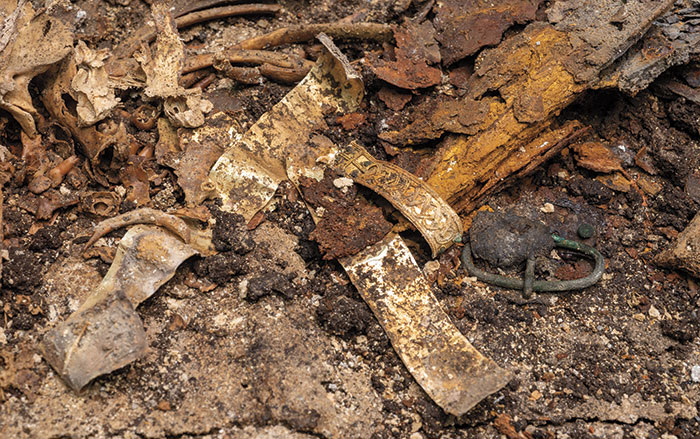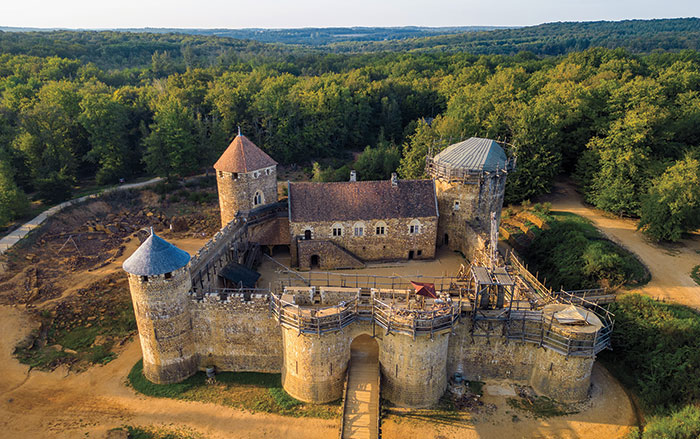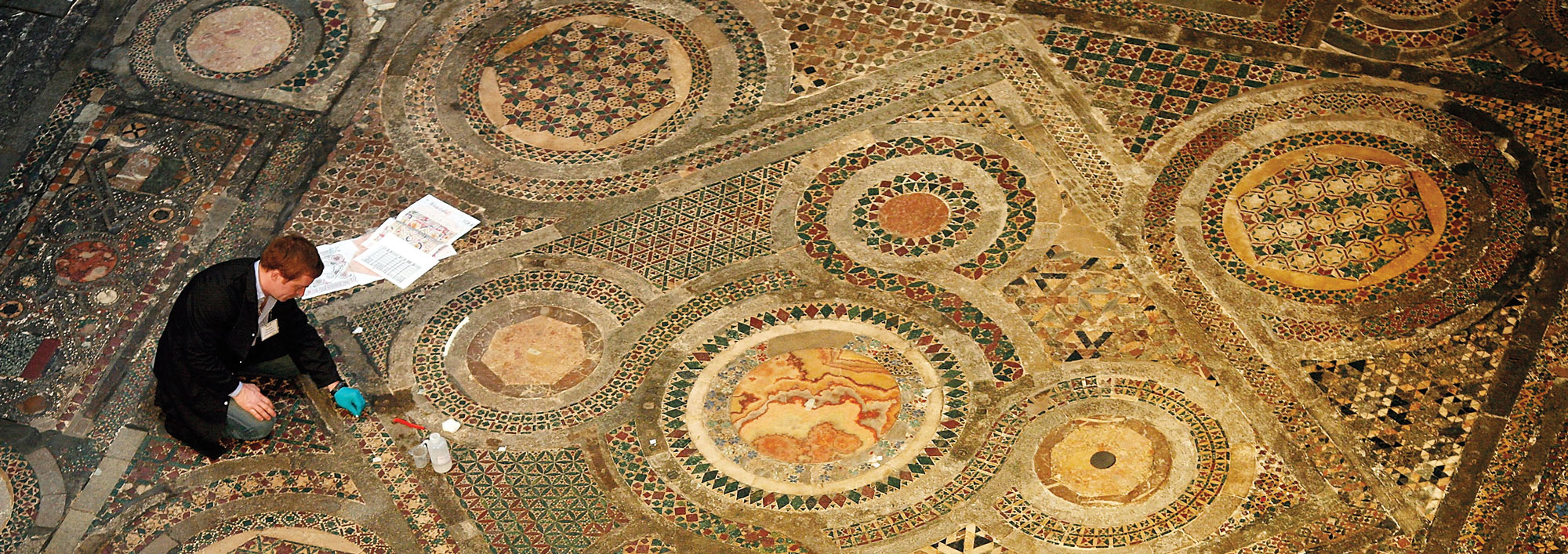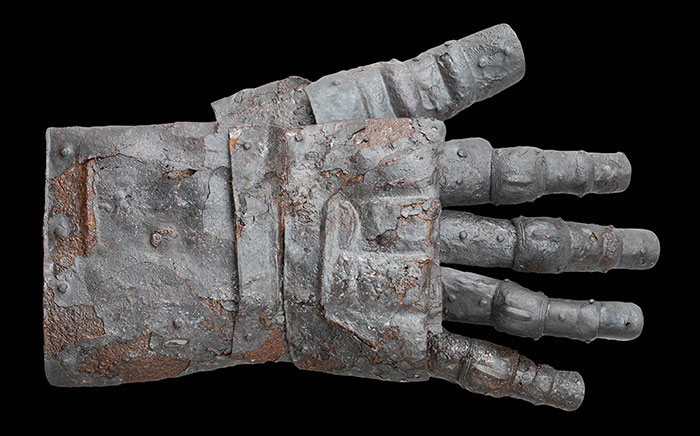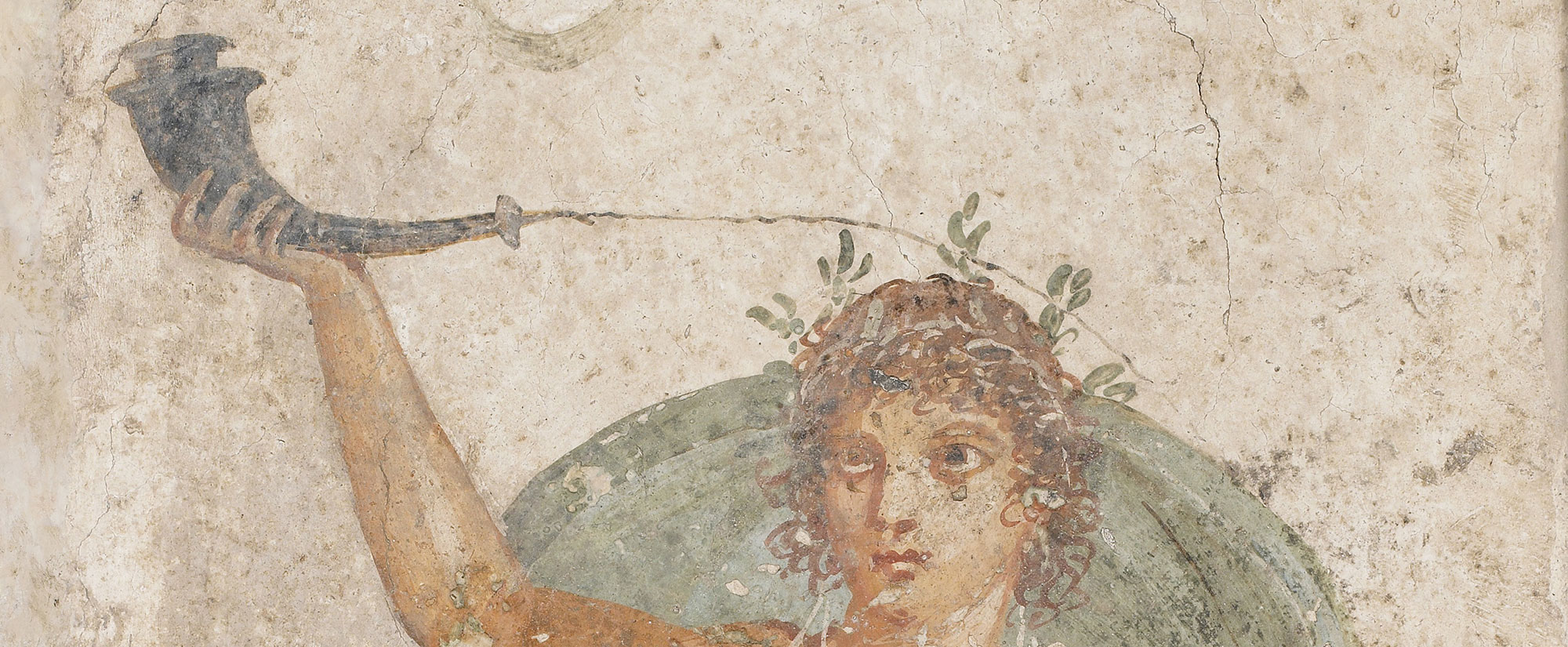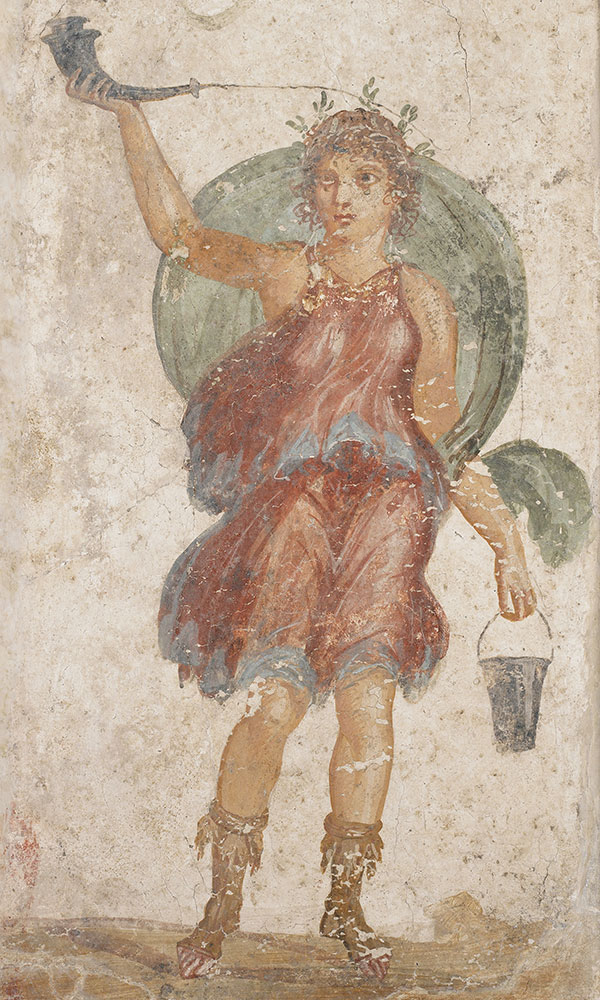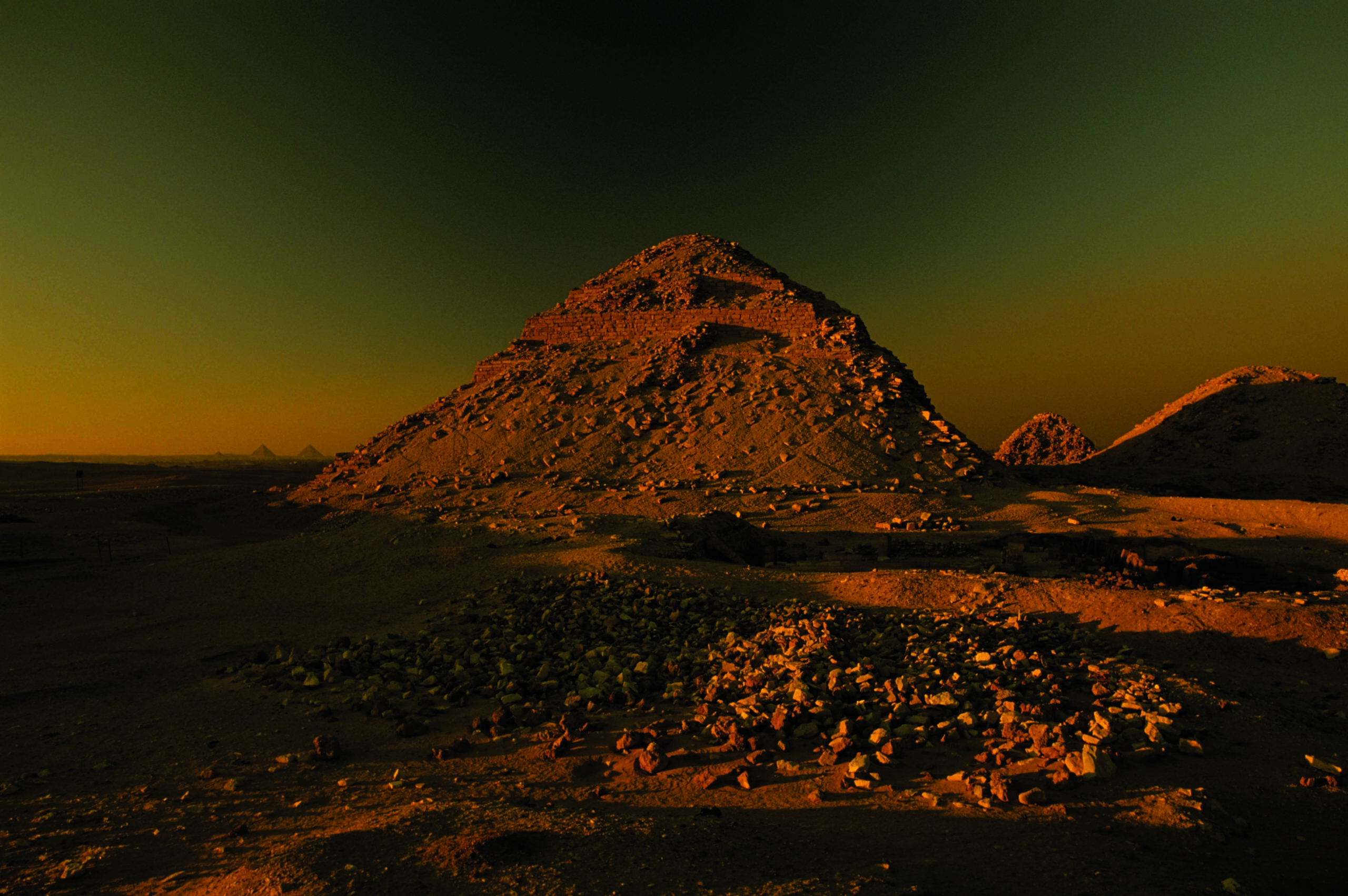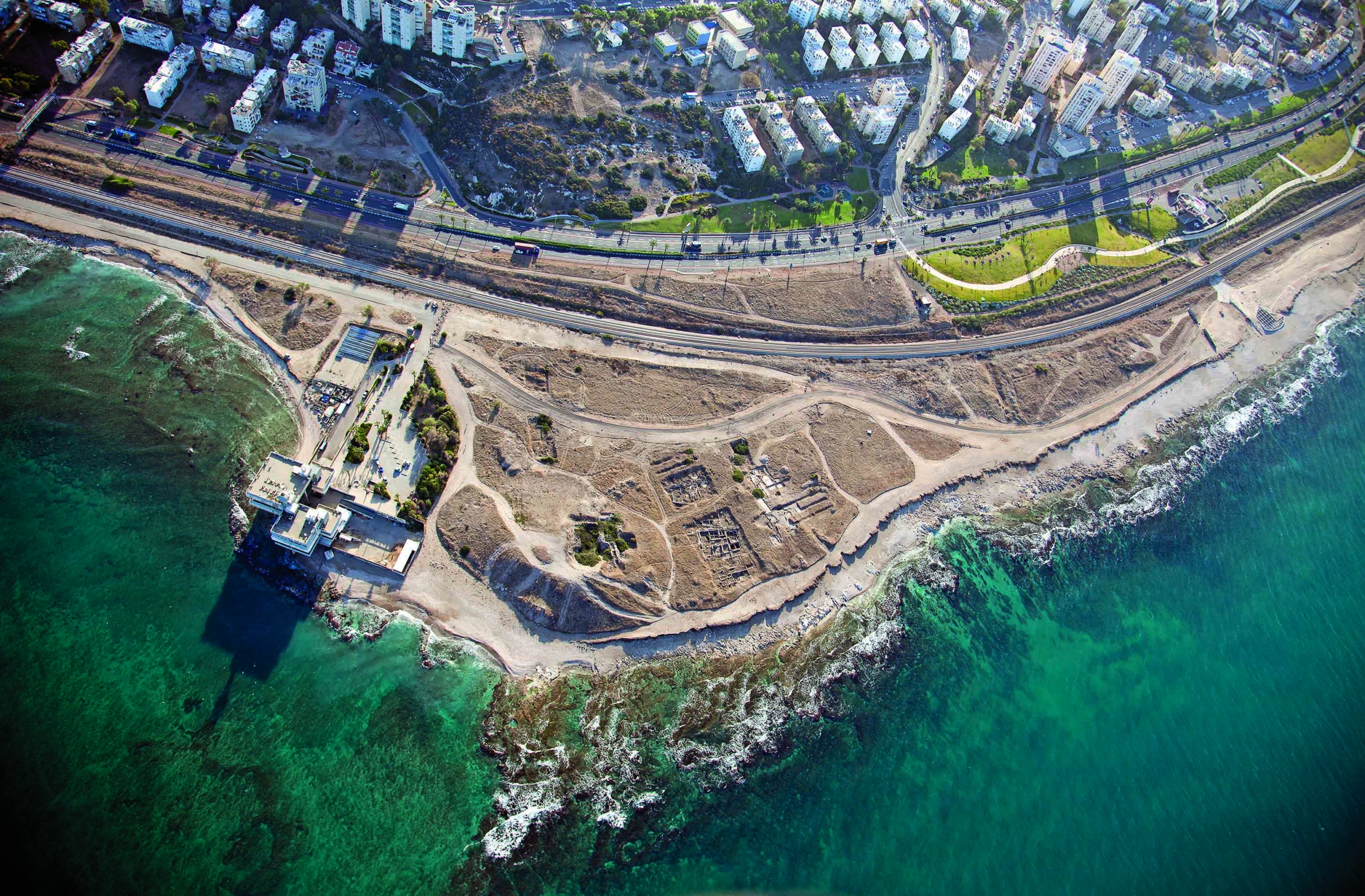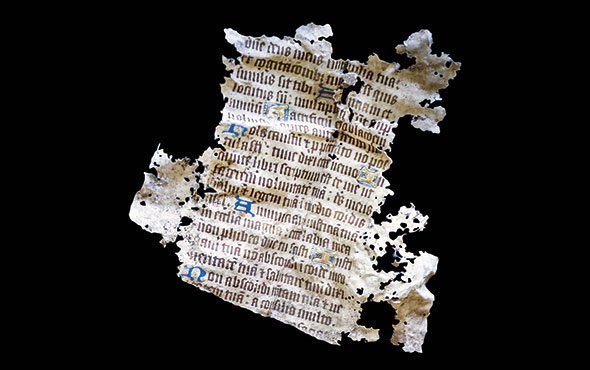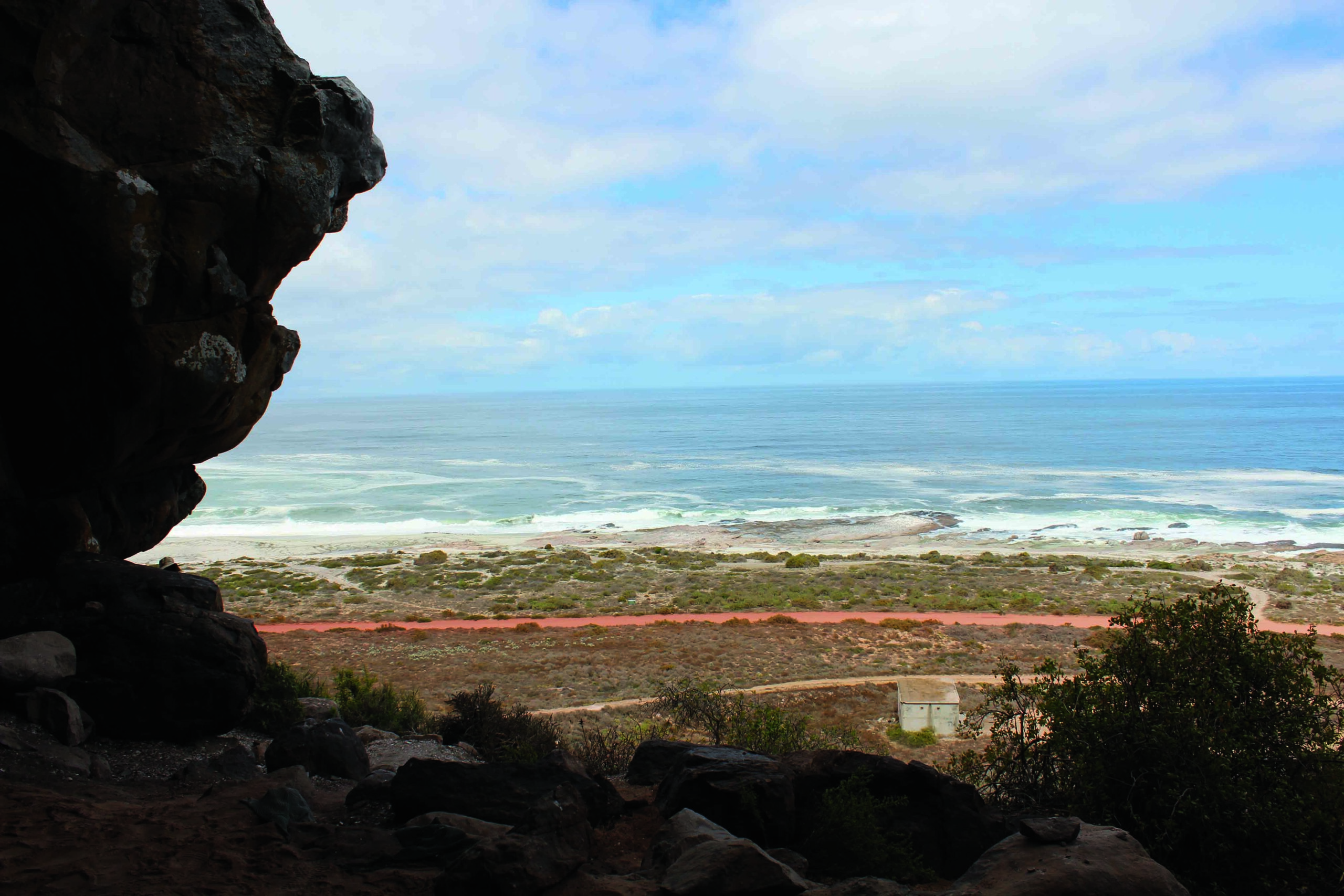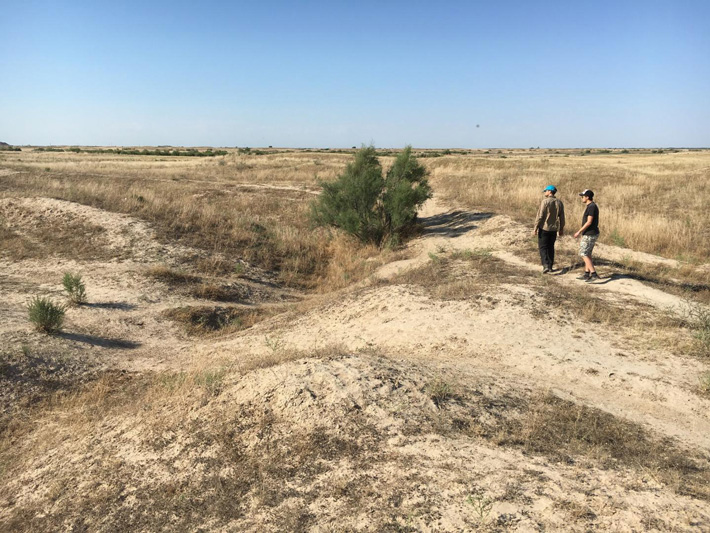
LINCOLN, ENGLAND—According to a statement released by the University of Lincoln, dryer conditions may be to blame for the collapse of medieval civilizations along Central Asia’s rivers, rather than the Mongol invasions led by Genghis Khan in the early thirteenth century. Mark Macklin of the university’s Centre for Water and Planetary Health said that communities that practiced large-scale, irrigation-based agriculture in Central Asia recovered quickly after Arab invasions in the seventh and eighth centuries A.D. because of favorable, wet conditions. However, Macklin and his team members found that the abandonment of irrigation systems fed by the Arys River coincided with a phase of riverbed erosion and a period of low river flow between the tenth and fourteenth centuries. Drought and food shortages, he suggests, may have reduced the ability of these city states to recover from Genghis Khan’s attack. To read about Genghis Khan's winter camp, go to "Around the World: Mongolia."


